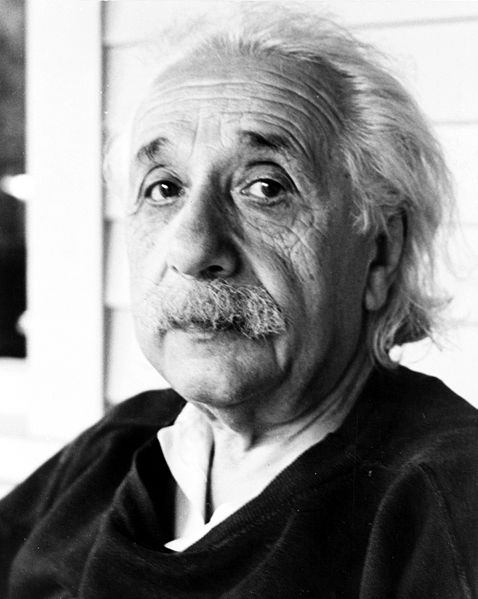The Albert Einstein Award was an award in theoretical physics, given periodically from 1951 to 1979, that was established to recognize high achievement in the natural sciences. It was endowed by the Lewis and Rosa Strauss Memorial Fund in honor of Albert Einstein's 70th birthday. It was first awarded in 1951 and, in addition to a gold medal of Einstein by sculptor Gilroy Roberts, it also included a prize money of $15,000, which was later reduced to $5,000. The winner was selected by a committee of the Institute for Advanced Study, which administered the award. Lewis L. Strauss used to be one of the trustees of the institute.
Albert Einstein in his later years.
Kurt Friedrich Gödel was a logician, mathematician, and philosopher. Considered along with Aristotle and Gottlob Frege to be one of the most significant logicians in history, Gödel profoundly influenced scientific and philosophical thinking in the 20th century, building on earlier work by Frege, Richard Dedekind, and Georg Cantor.
Gödel c. 1926
Plaque to Gödel at 43-45 Josefstädter Straße [de], Vienna, where he discovered his incompleteness theorems
Gödel as a student in 1925
Gravestone of Kurt and Adele Gödel in the Princeton, N.J., cemetery



![Plaque to Gödel at 43-45 Josefstädter Straße [de], Vienna, where he discovered his incompleteness theorems](https://upload.wikimedia.org/wikipedia/commons/thumb/9/96/GoedelKurt.jpg/640px-GoedelKurt.jpg)

